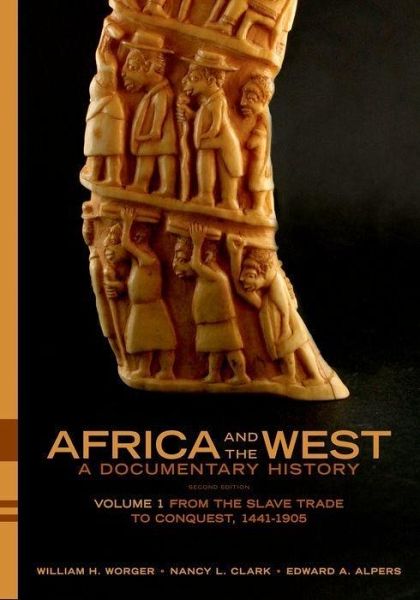
Africa and the West
A Documentary History, Volume 1: From the Slave Trade to Conquest, 1441-1905
Versandkostenfrei!
Versandfertig in 1-2 Wochen
44,99 €
inkl. MwSt.

PAYBACK Punkte
22 °P sammeln!
This is a new and expanded edition of the volume one Africa and the West: A Documentary History from the Slave Trade to Independence. It covers the era of the slave trade through abolition and then conquest as the European scramble for Africa began. This new edition uses all of the documents in the first edition, taken from both African and European sources, as well as dozens of new photographs and over twenty new documents. Some are the expected types: missionaries' reports, government legislation and orders, slave memoirs; others are unexpected, such as a chart of the costs of African animal...
This is a new and expanded edition of the volume one Africa and the West: A Documentary History from the Slave Trade to Independence. It covers the era of the slave trade through abolition and then conquest as the European scramble for Africa began. This new edition uses all of the documents in the first edition, taken from both African and European sources, as well as dozens of new photographs and over twenty new documents. Some are the expected types: missionaries' reports, government legislation and orders, slave memoirs; others are unexpected, such as a chart of the costs of African animals exported to Western zoos. Many of the sources have not previously appeared in print, or in books readily available to students. The authors have provided a detailed table of contents in place of impressionistic and often uninformative chapter titles; expanded the bibliography; added a list of websites for African historical resources; and added new maps. This book provides a unique resource both for African history survey courses and for topical courses on imperialism, colonialism, economic history, and East-West relations.




